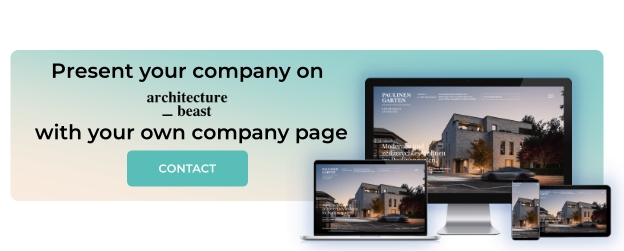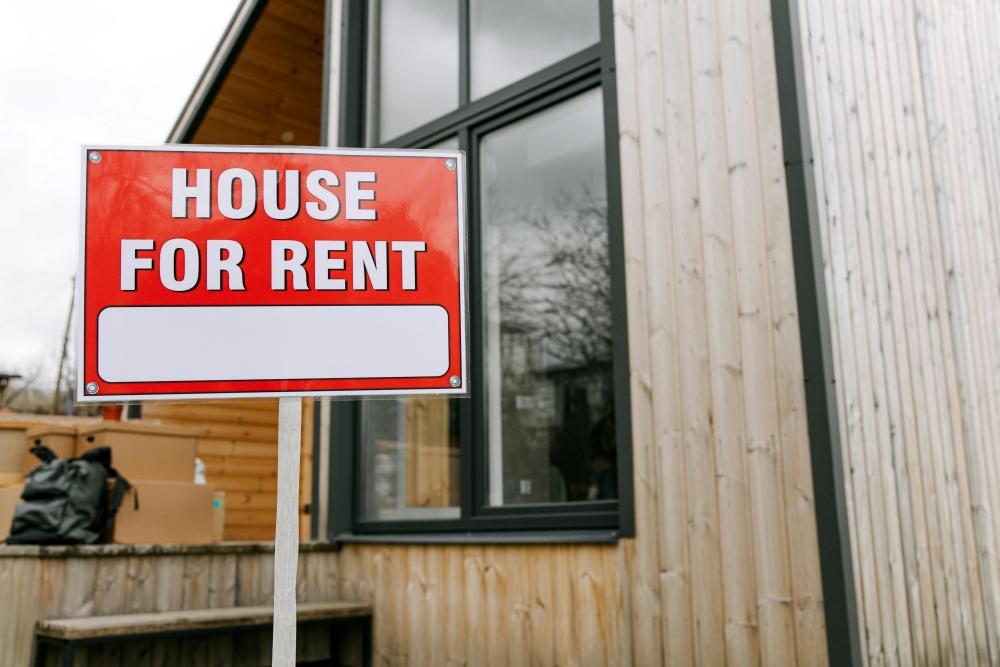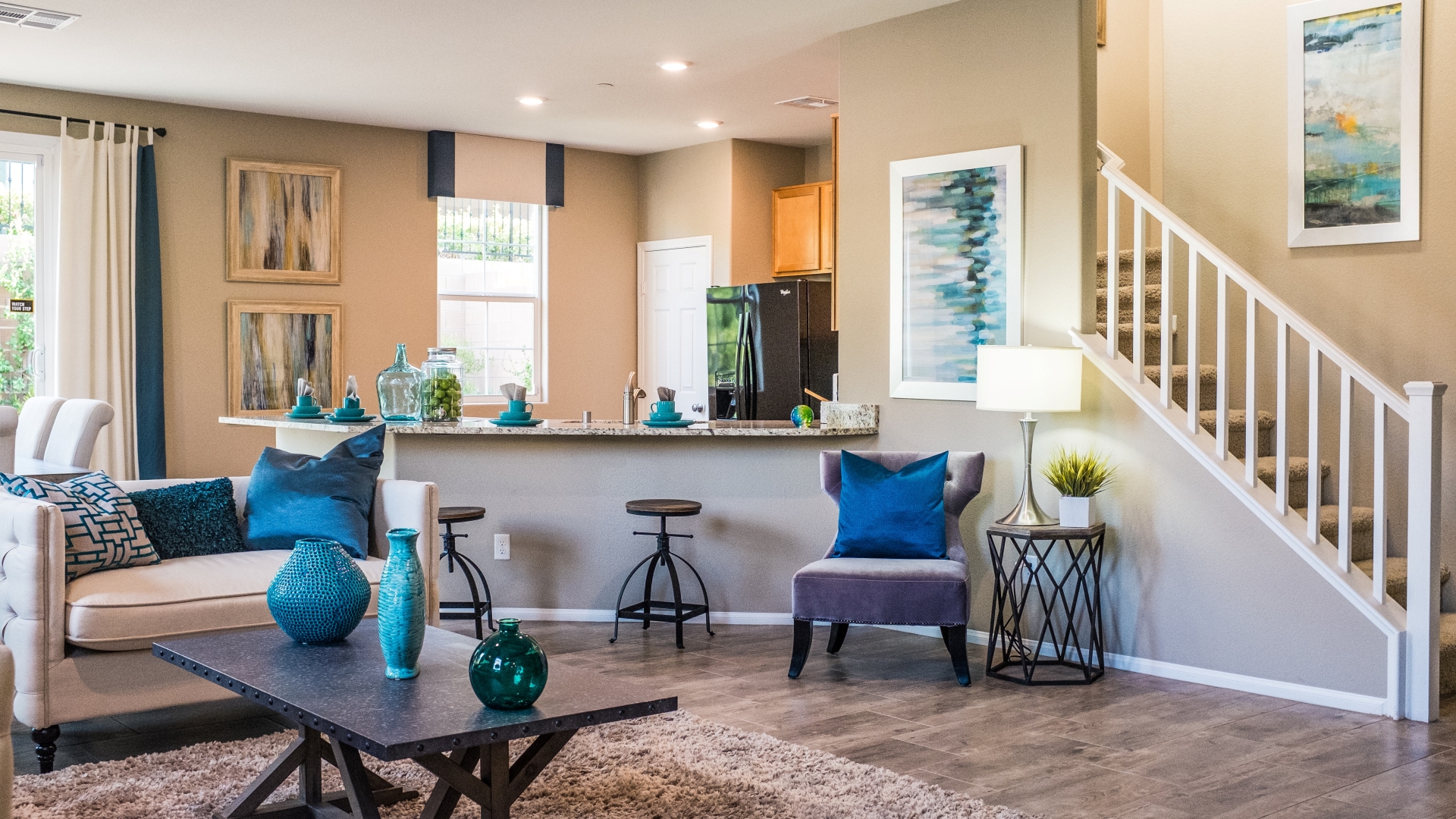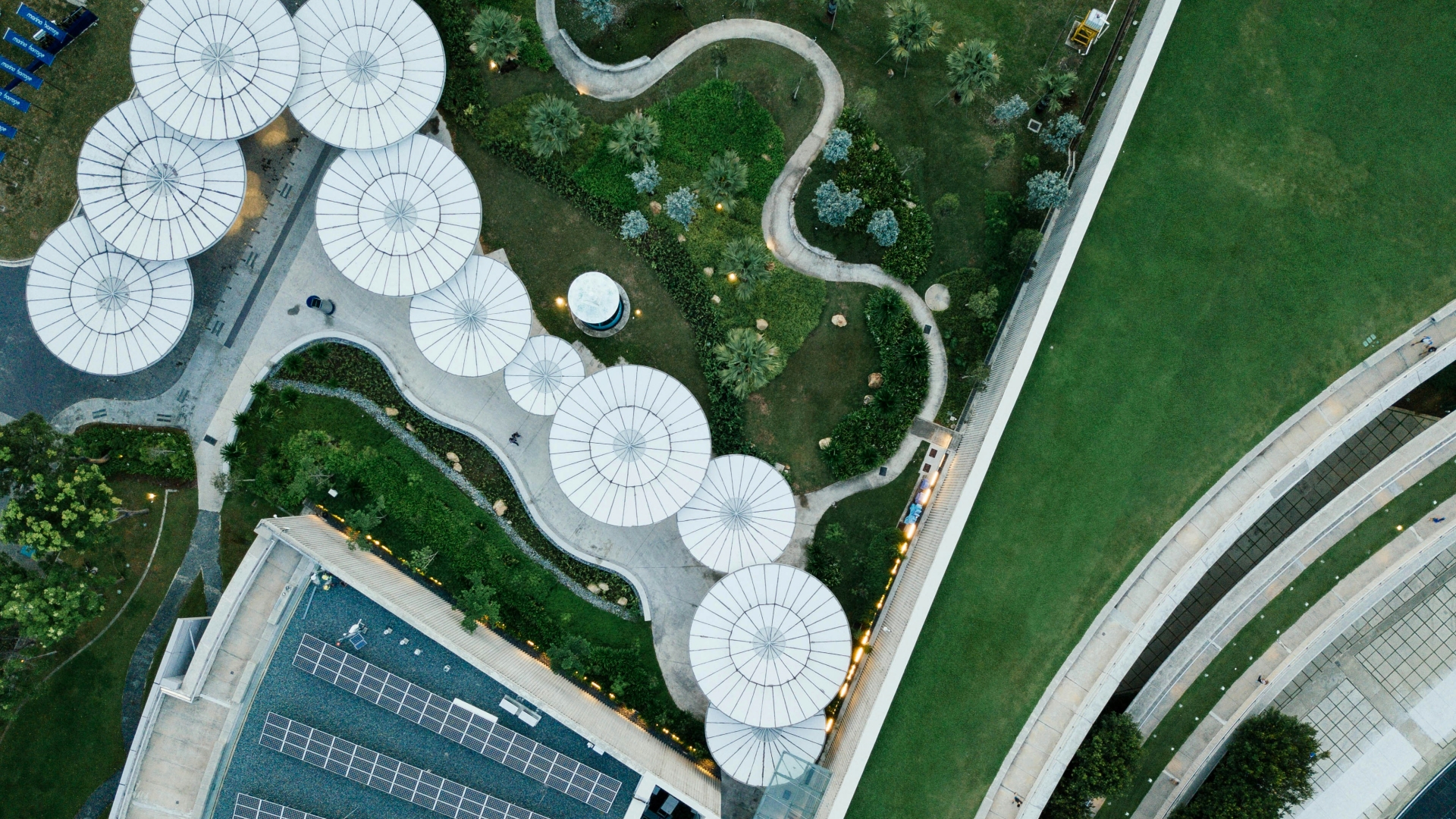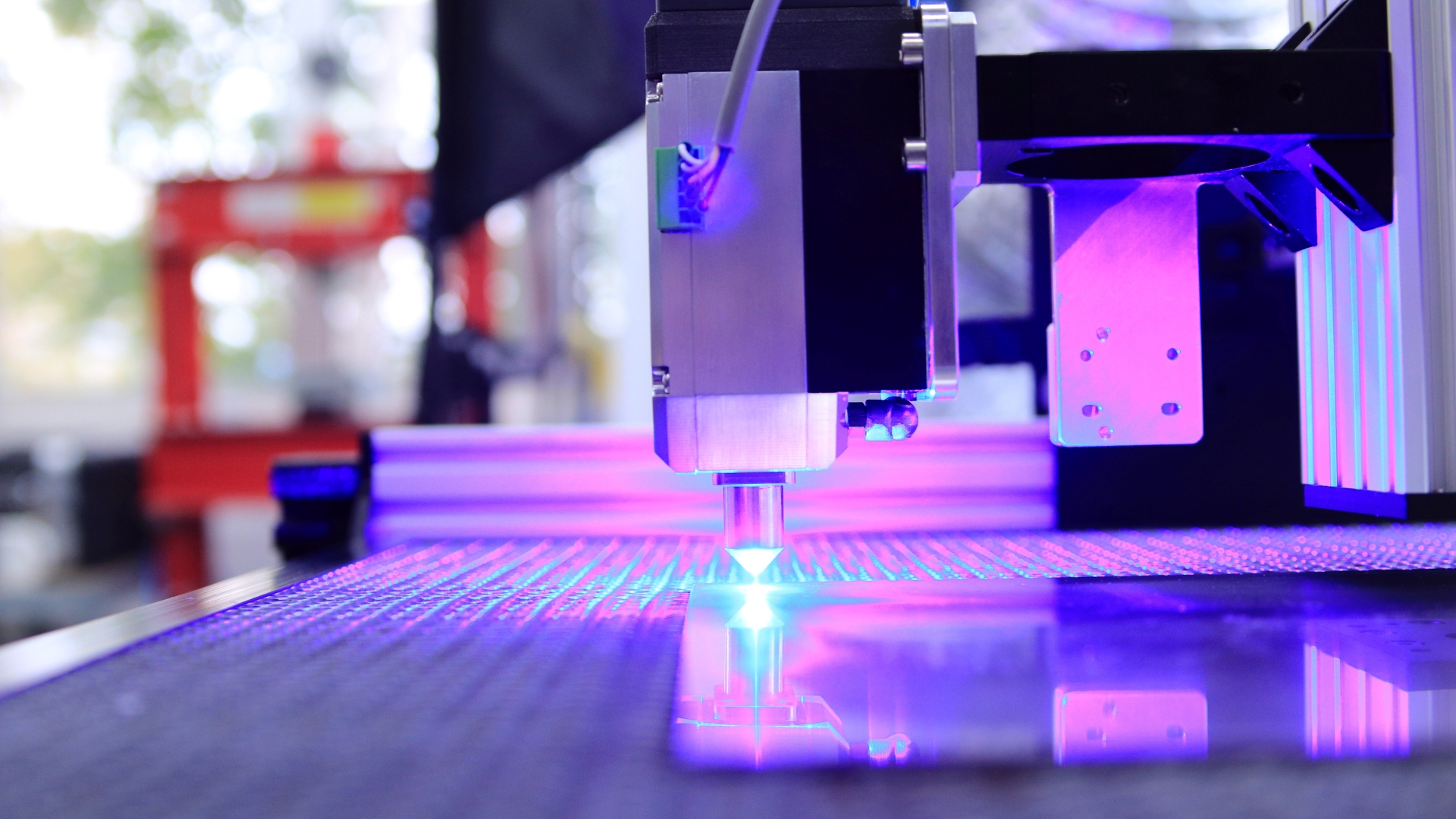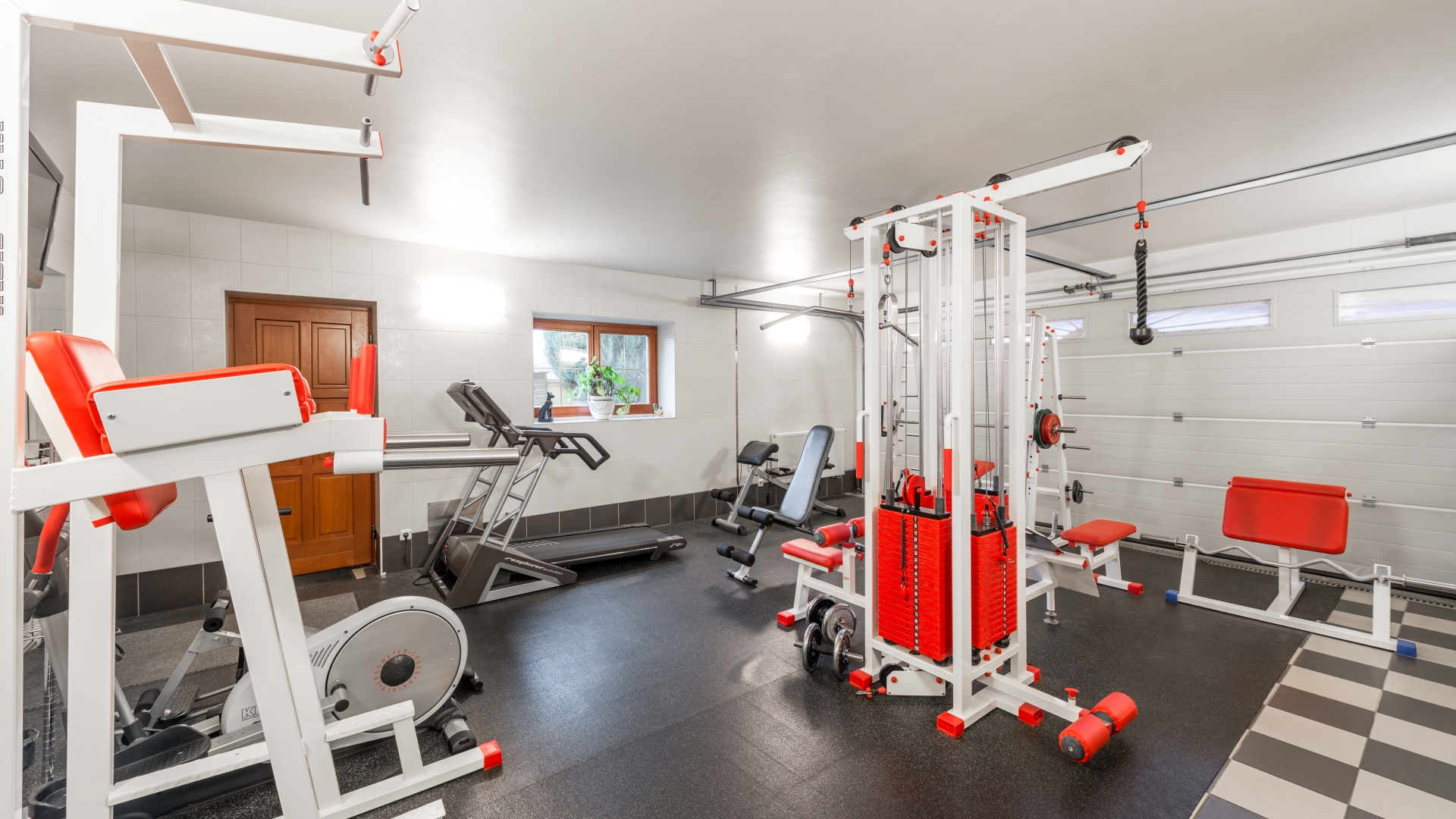Technological advancements have significantly transformed various industries, including property management. Property managers are leveraging creative technology in the digital world to increase operations, tenant satisfaction, and profitability. Digital technologies help to handle several properties, tenant problems, and data since they accelerate operations and enhance decision-making. The changes in property management, the advantages of digital technologies, and the direction of technology in this field of work are covered in this paper.
One main advantage of the digital revolution in property management is operations efficiency. Time-consuming property management tasks included tenant communication, maintenance scheduling, and rent collecting. Property management systems enable managers to concentrate on critical business issues by automating these tasks. Besides reducing tenant turnover by improving communication and response times, digital tools raise tenant satisfaction.
Using data to improve decisions
In the digital age, property managers make wise decisions based on data. Modern property management systems track occupancy rates, maintenance costs, and tenant comments. Using this data, property managers can identify trends, forecast issues, and make strategic decisions that benefit tenants and the company.
Property managers can remain competitive by analyzing occupancy data to set the ideal rental rates. Monitoring maintenance expenses over time could reveal patterns calling for more thorough repairs or enhancements. Property managers who use accurate and timely data can make decisions that increase property value and efficiency.
Enhancing tenant experience with smart technology
As smart technology develops, it can enhance the tenant experience. Smart home appliances, comprising controlled lighting, climate control, and security, are being used in rental homes. These tools increase tenant security, energy economy, and convenience.
Smart technology lets property managers provide renters a more contemporary and comfortable living environment. Smart gadgets, used with property management software for remote monitoring and control, also help. By varying the temperature in empty units, smart thermostats let property managers cut energy costs. Using smart technologies can help property managers stand out in a crowded market and draw tech-savvy tenants.
Digital property management: The future
The future is digital property management. As technology develops, creative ideas to simplify property management and raise tenant satisfaction should abound. AI can enable automated complex processes, including predictive maintenance and tailored tenant communication. Virtual and augmented reality make property showings and inspections more interesting for managers and tenants.
Blockchain technology could also provide more transparent and safe means of handling contracts, tenant data, and property management transactions. This might significantly reduce fraud and raise tenant trust in property managers. Those who keep ahead of these technologies will succeed in the digital age.
Integrating IoT devices into property management will transform property monitoring and maintenance. IoT sensors can provide real-time energy usage and security alerts, allowing property managers to intervene before problems grow. This connectivity makes property management more efficient and gives residents a safer, more responsive home. Property managers who want to meet tenants’ digital expectations must adopt IoT technologies.
Conclusion
Ultimately, the digital era allows property managers to improve tenant satisfaction, simplify processes, and make wiser decisions. Digital tools, data analytics, and smart technology allow property managers to increase tenant operations and happiness. Property managers must keep up with technology in the often-shifting property management sector to remain competitive and profitable.



